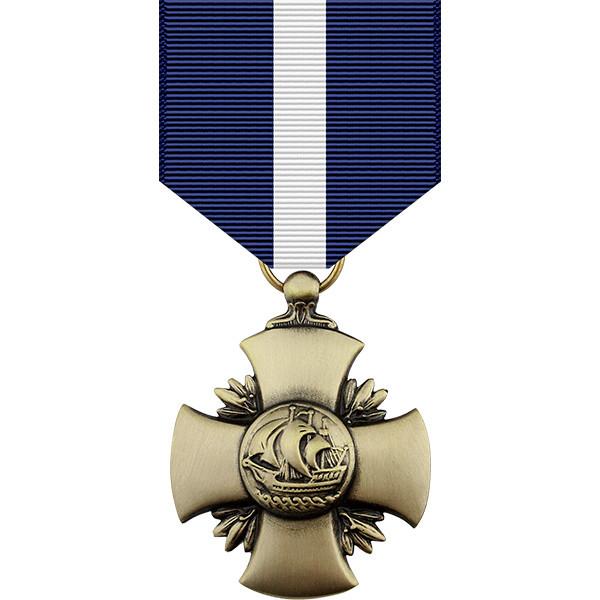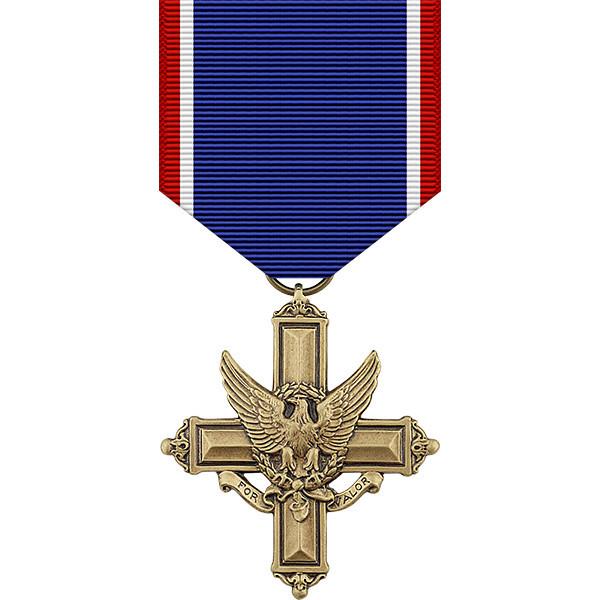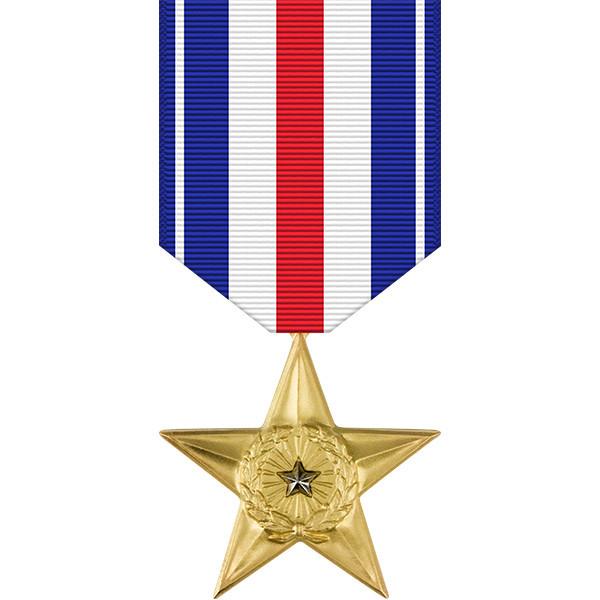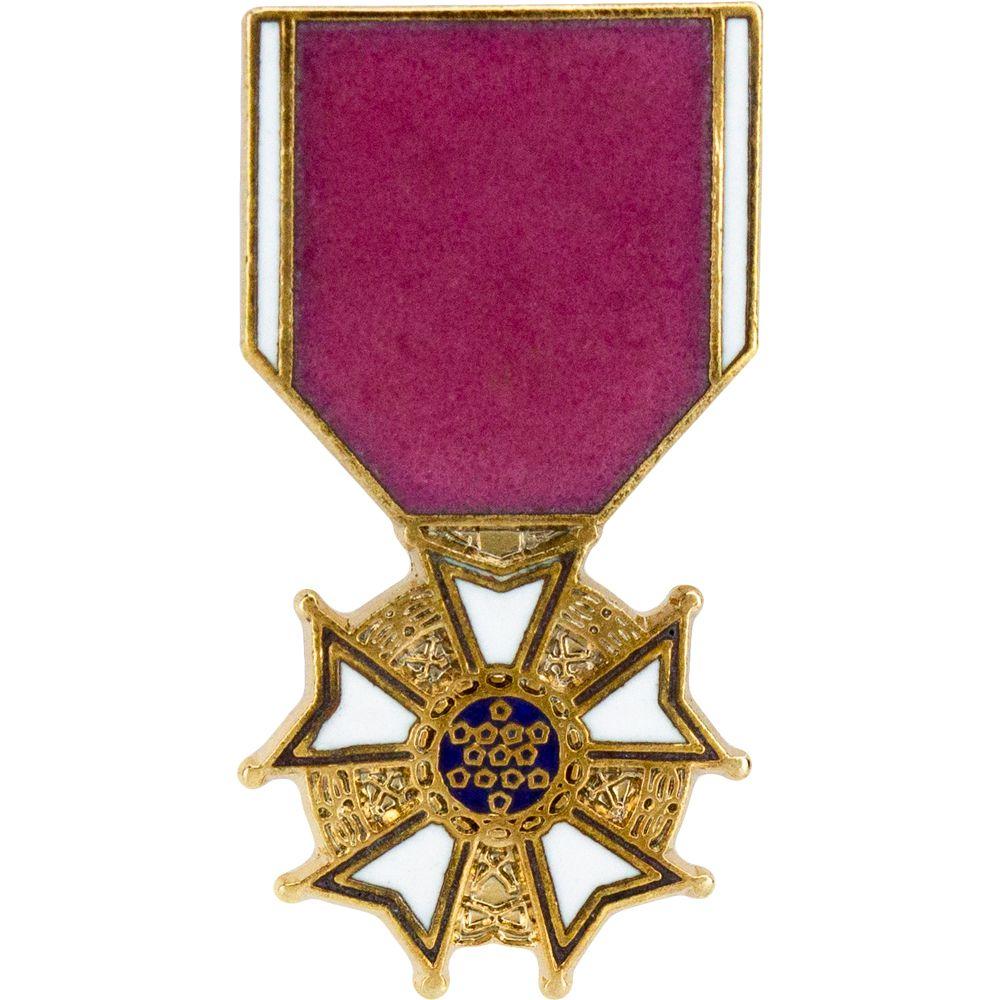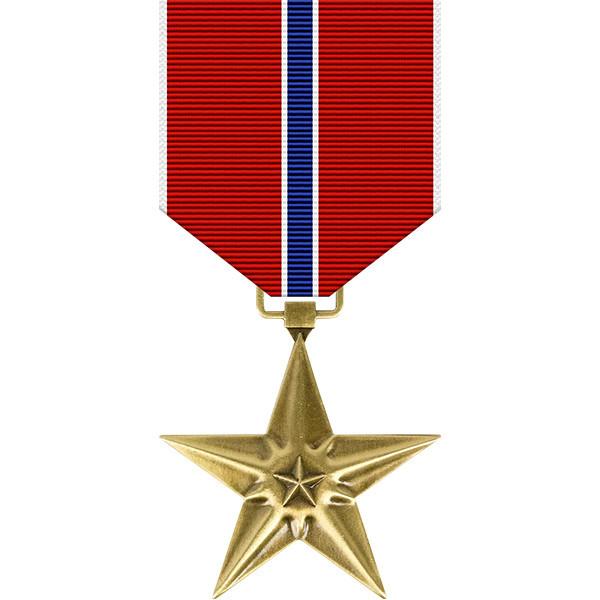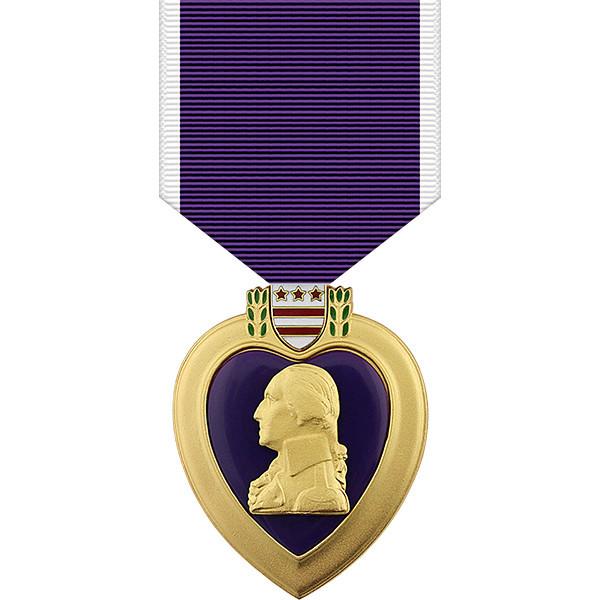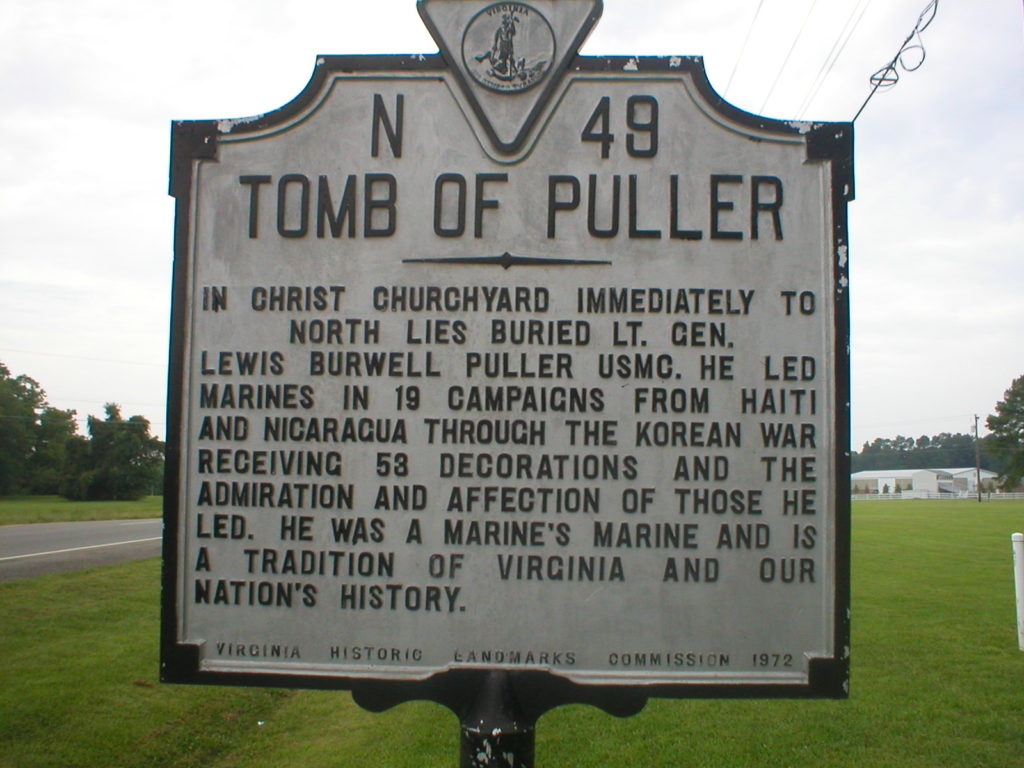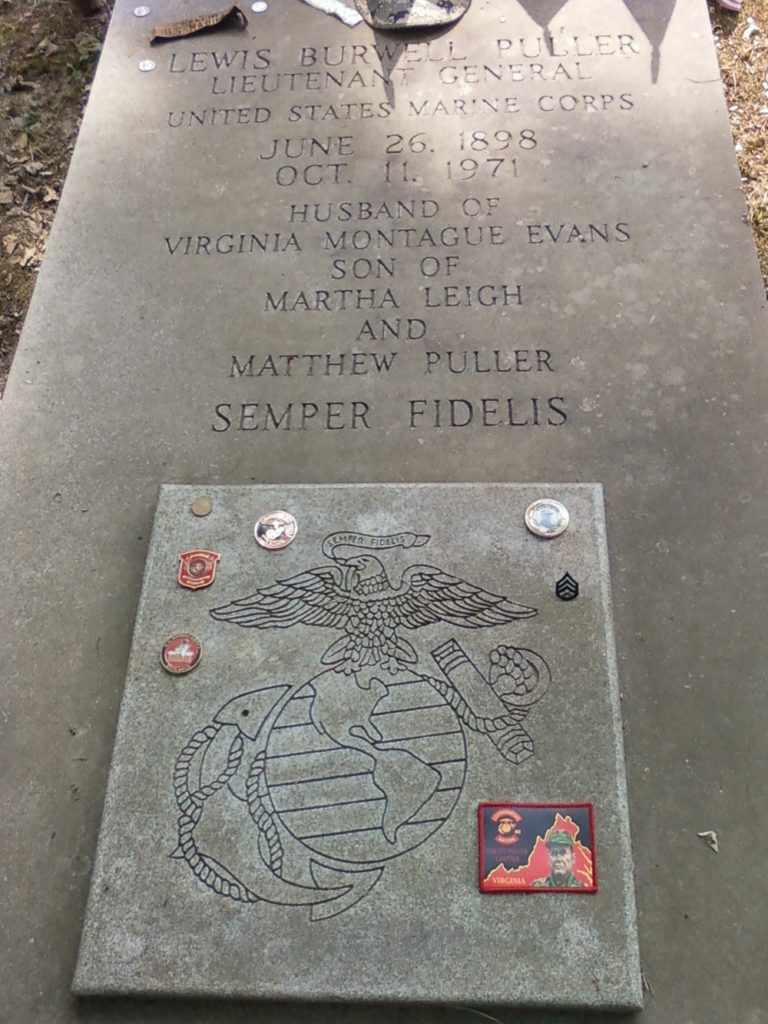Lewis Burwell “Chesty” Puller (June 26, 1898 – October 11, 1971) was a United States Marine Corps lieutenant general who fought guerrillas in Haiti and Nicaragua, and fought in World War II and the Korean War.
Puller is the most decorated Marine in American history. He is one of two U.S. servicemen to be awarded five Navy Crosses and, with the Distinguished Service Cross awarded to him by the U.S. Army, his total of six stands only behind Eddie Rickenbacker’s eight times receiving the nation’s second-highest military award for valor.
Puller was born in West Point, Virginia, to Matthew and Martha Puller. His father was a grocer who died when Lewis was 10 years old. Puller grew up listening to old veterans’ tales of the American Civil War and idolizing Thomas “Stonewall” Jackson. He wanted to enlist in the United States Army to fight in the Border War with Mexico in 1916, but he was too young and could not get parental consent from his mother.
The following year, Puller attended the Virginia Military Institute but left in August 1918 as World War I was still ongoing, saying that he wanted to “go where the guns are!” Inspired by the 5th Marines at Belleau Wood, he enlisted in the United States Marine Corps as a private and attended boot camp at the Marine Corps Recruit Depot, Parris Island, South Carolina.
Although he never saw action in that war, the Marine Corps was expanding, and soon after graduating he attended their non-commissioned officer school and Officer Candidates School (OCS) at Quantico, Virginia, following that. Graduating from OCS on June 16, 1919, Puller was appointed a second lieutenant in the reserves, but the reduction in force from 73,000 to 1,100 officers and 27,400 men following the war led to his being put on inactive status 10 days later and given the rank of corporal
Corporal Puller received orders to serve in the Gendarmerie d’Haiti as a lieutenant, seeing action in Haiti. While the United States was working under a treaty with Haiti, he participated in over forty engagements during the ensuing five years against the Caco rebels and attempted to regain his commission as an officer twice. In 1922, he served as an adjutant to Major Alexander Vandegrift, a future Commandant of the Marine Corps. Puller returned stateside and was finally recommissioned as a second lieutenant on March 6, 1924.
In December 1928, Puller was assigned to the Nicaraguan National Guard detachment, where he was awarded his first Navy Cross for his actions from February 16 to August 19, 1930, when he led “five successive engagements against superior numbers of armed bandit forces.“
Returning to Nicaragua from September 20 to October 1, 1932, and was awarded a second Navy Cross. Puller led American Marines and Nicaraguan National Guardsmen into battle against Sandinista rebels in the last major engagement of the Sandino Rebellion near El Sauce on December 26, 1932.
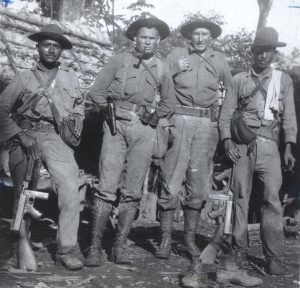
After his service in Nicaragua Chesty served in a variety of positions and duty stations most notably in China at the legations in both Peking and Shanghai and on board the USS Augusta with future Admiral of the fleet Chester Nimitz.
At the outset of WWII then major Puller was in command of the 1st battalion 7th Marines. Early in the Pacific theater the 7th Marines formed the nucleus of the newly created 3rd Marine Brigade and arrived to defend Samoa on May 8, 1942. Later they were redeployed from the brigade and on September 4, 1942, they left Samoa and rejoined the 1st Division at Guadalcanal on September 18, 1942.
Soon after arriving on Guadalcanal, Puller led his battalion in a fierce action along the Matanikau, in which Puller’s quick thinking saved three of his companies from annihilation. In the action, these companies were surrounded and cut off by a larger Japanese force. Puller ran to the shore, signaled a United States Navy destroyer, the USS Ballard (DD-267), and then Puller directed the destroyer to provide fire support while landing craft rescued his Marines from their precarious position. U.S. Coast Guard Signalman First Class Douglas Albert Munro—Officer-in-Charge of the group of landing craft, was killed while providing covering fire from his landing craft for the Marines as they evacuated the beach and was posthumously awarded the Medal of Honor for the action, to date the only Coast Guardsman to receive the decoration. Puller, for his actions, was awarded the Bronze Star Medal with Combat “V”.
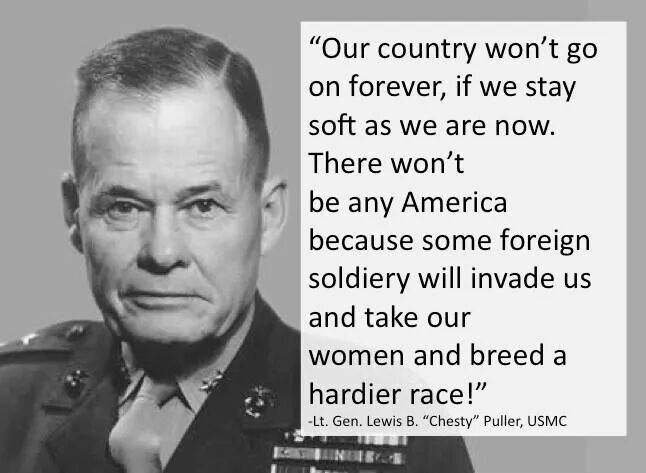
Later on Guadalcanal, Puller was awarded his third Navy Cross, in what was later known as the “Battle for Henderson Field”. Puller commanded 1st Battalion 7th Marines (1/7), one of two American infantry units defending the airfield against a regiment-strength Japanese force. The 3rd Battalion of the U.S. Army’s 164th Infantry Regiment (3/164) fought alongside the Marines. In a firefight on the night of October 24–25, 1942, lasting about three hours, 1/7 and 3/164 sustained 70 casualties; the Japanese force suffered over 1,400 killed in action, and the Americans held the airfield. He nominated two of his men (one being Sgt. John Basilone) for Medals of Honor. He was wounded himself on November 9.
Puller was then made executive officer of the 7th Marine Regiment. While serving in this capacity at Cape Gloucester, Puller was awarded his fourth Navy Cross for overall performance of duty between December 26, 1943, and January 19, 1944.
He was promoted to colonel effective February 1, 1944, and by the end of the month had been named commander of the 1st Marine Regiment. In September and October 1944, Puller led the 1st Marine Regiment into the protracted battle on Peleliu, one of the bloodiest battles in Marine Corps history, and received his first of two Legion of Merit awards.
Puller returned to the United States in November 1944, was named executive officer of the Infantry Training Regiment at Camp Lejeune and, two weeks later, Commanding Officer. After the war, he was made Director of the 8th Reserve District at New Orleans, and later commanded the Marine Barracks at Pearl Harbor.
“The mail service has been excellent out here, and in my opinion this is all that the Air Force has accomplished during the war.”
– Chesty Puller in a letter to his wife while in Korea
At the outbreak of the Korean War, Puller was once again assigned as commander of the First Marine Regiment. He participated in the landing at Inchon on September 15, 1950, and was awarded the Silver Star Medal. For leadership from September 15 through November 2, he was awarded his second Legion of Merit. He was awarded the Distinguished Service Cross from the U.S. Army for heroism in action from November 29 to December 4, and his fifth Navy Cross for heroism during December 5–10, 1950, at the Battle of Chosin Reservoir. It was during that battle that he said the famous line, “We’ve been looking for the enemy for some time now. We’ve finally found him. We’re surrounded. That simplifies things.”
Puller received the second-highest U.S. military award six times (one of only two persons so honored): five Navy Crosses and one U.S. Army Distinguished Service Cross. He was the second of two U.S. servicemen to ever receive five Navy Crosses, U.S. Navy submarine commander Roy Milton Davenport was the first to receive five Navy Crosses.
Puller’s military awards include:
Navy cross x5,
Distinguished Service cross
Silver star
Legion of Merit
Bronze star
Air medal
Purple heart
In addition to his military awards Puller has received numerous honors due to his Marine Corps service:
The frigate Lewis B. Puller (FFG-23) was named after him.
The headquarters building for 2nd Fleet Antiterrorism Security Team on Yorktown Naval Weapons Station in Yorktown, Virginia, is named Puller Hall in his honor.
Route 33 in Middlesex County, Virginia, is named General Puller Highway. It is the county in which Puller is buried.
On November 10, 2005, the United States Postal Service issued its Distinguished Marines stamps in which Puller was honored
The Marine Corps’ mascot is perpetually named “Chesty Pullerton.” (e.g. Chesty XIII). He is always a purebred English Bulldog.
Puller retired from the Marine Corps with 37 years service as a Lieutenant General in 1955. Following his retirement Lewis Burwell “Chesty” Puller lived in Saluda, Virginia, where he was later buried after his death on October 11, 1971, at Christ Church Parish Episcopal next to his wife.
